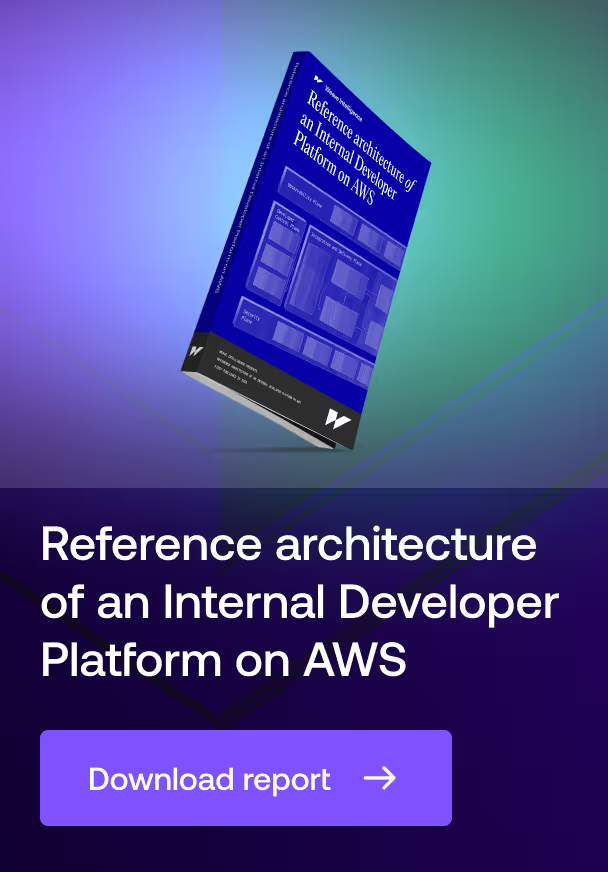
Terraform Cloud
Profile
Terraform Cloud is an enterprise-grade infrastructure automation solution that extends HashiCorp's Terraform with collaborative and governance capabilities. The tool provides centralized infrastructure management, enabling teams to provision and manage cloud resources through infrastructure-as-code workflows. As a managed service offering, it handles state management, policy enforcement, and team collaboration while maintaining compatibility with Terraform's core functionality. The solution serves as a critical component for organizations implementing infrastructure as code at scale, offering enterprise features like role-based access control, audit logging, and policy enforcement.
Focus
The platform addresses fundamental challenges in collaborative infrastructure management, particularly around state file coordination, security controls, and governance at scale. It eliminates the operational complexity of maintaining separate state storage systems, access control mechanisms, and audit trails for infrastructure changes. The solution targets platform engineering teams and enterprises requiring standardized infrastructure provisioning workflows with proper security controls and compliance capabilities. Core benefits include reduced operational overhead, consistent infrastructure deployment patterns, and automated policy enforcement across distributed teams.
Background
Originally developed by HashiCorp as a commercial extension of the open-source Terraform project, Terraform Cloud evolved from basic remote state management into a comprehensive infrastructure automation platform. The tool operates under Business Source License (BSL) terms, with IBM acquiring HashiCorp and integrating the platform into its enterprise software portfolio. The platform maintains active development with regular feature releases and updates, focusing on enterprise capabilities and integration with modern DevOps toolchains. It continues to serve as a foundational infrastructure automation tool for numerous Fortune 500 companies and technology organizations.
Main features
Centralized state management and execution control
The platform provides a secure, centralized system for managing Terraform state files with built-in locking mechanisms, encryption, and version control. State data is stored with encryption at rest, while the execution environment ensures consistent runtime configurations across all infrastructure operations. The system automatically handles state locking during operations, preventing concurrent modifications that could corrupt infrastructure state. Organizations can configure fine-grained access controls and maintain comprehensive audit trails of all state changes, while the platform's workspace model enables logical separation of different infrastructure components.
Policy-driven governance and compliance enforcement
The governance engine enables organizations to implement infrastructure policies as code using either HashiCorp Sentinel or Open Policy Agent frameworks. These policies can enforce security requirements, cost controls, and compliance standards across all infrastructure changes. The system supports multiple enforcement levels from advisory warnings to hard requirements, with policies evaluated before any infrastructure modifications are applied. Organizations can define and manage policy sets at the organization or project level, ensuring consistent governance across distributed teams while maintaining flexibility for different environments and requirements.
Collaborative workspace management and automation
The workspace architecture provides a structured approach to managing infrastructure configurations across teams and environments. Each workspace encapsulates configuration, variables, state data, and access controls, enabling teams to organize infrastructure by application, environment, or business unit. The platform supports automated workflows through version control integration, with automatic plan generation for pull requests and configurable approval processes. Teams can establish dependencies between workspaces through run triggers, ensuring coordinated updates across related infrastructure components while maintaining separation of concerns.






